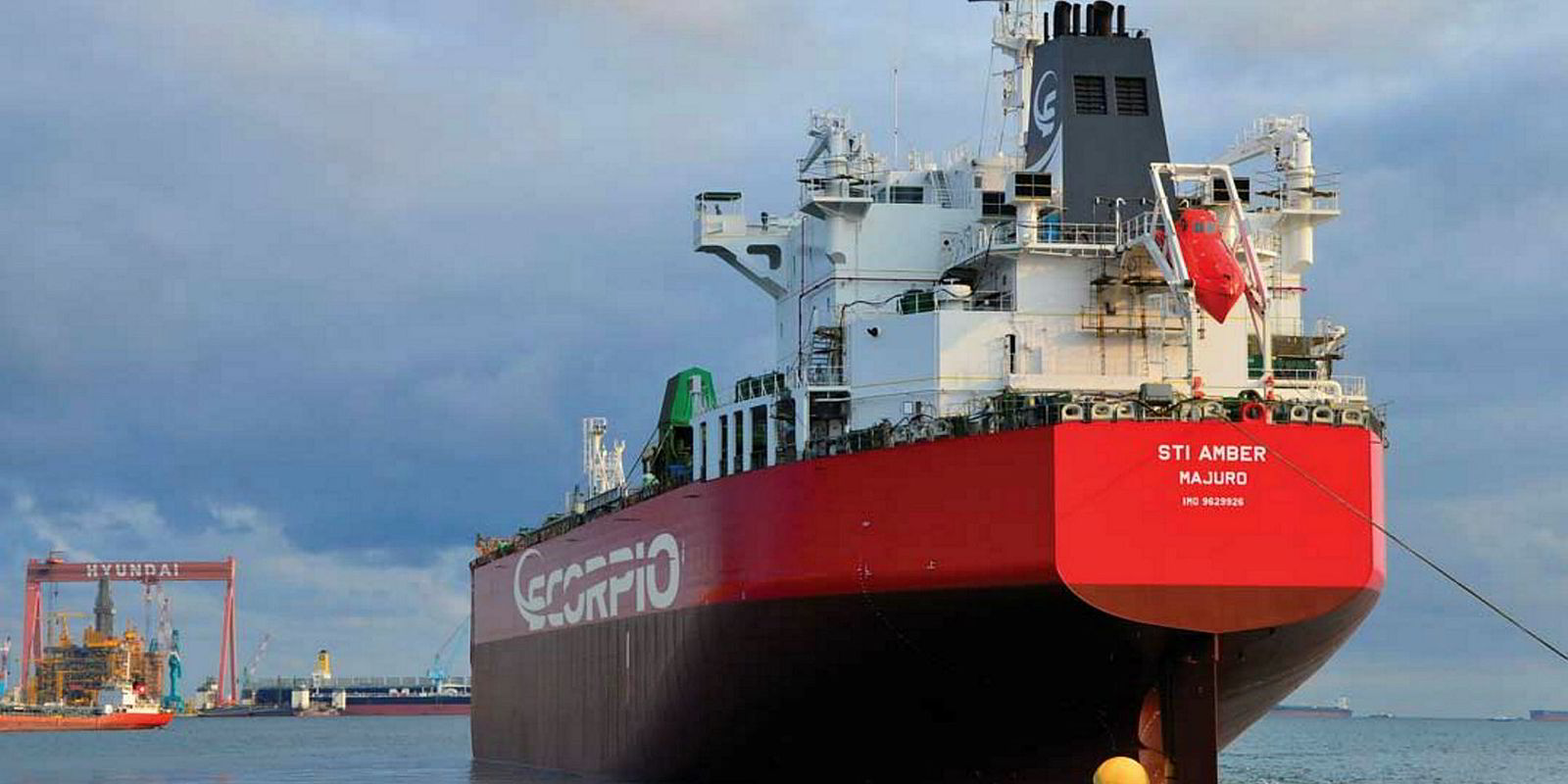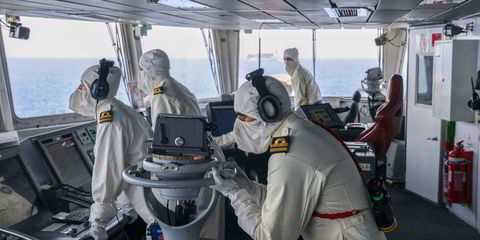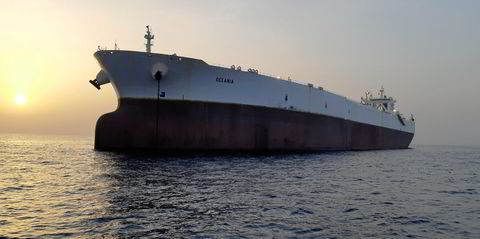Scorpio Tankers was one of the earliest and most prolific adopters of exhaust-gas scrubbers to reduce carbon emissions, but it has had enough.
The New York-listed company revealed in its fourth-quarter earnings report that it has taken a $10.5m write-off on previously incurred costs related to installing the devices on 11 of its product tankers.
The vessels will remain scrubber-free, leaving the equipment installed on 86 of the 111 tankers operating in its fleet.
Allowing the options to expire will save the company a further $23.1m in incremental costs related to the work, along with 355 days of scheduled off-hire to have the jobs done in 2024.
With Scorpio’s previous scrubber appreciation well known, the decision drew the attention of Evercore ISI analyst Jonathan Chappell on the fourth-quarter earnings call.
What drove the reversal, he wondered. Was it the cost of missing days in what is expected to be a strong 2024 market? A change in the view of price spreads between low-sulphur fuel and the cheaper, high-sulphur variant that can be burned with scrubbers? Or are the ships perhaps being readied for sale?
“It’s ‘yes’ to all,” said chief operating officer Cameron Mackey, who spearheaded Scorpio’s study of how to reduce emissions ahead of the January 2020 carbon-cap protocols.
“There are a number of considerations that go into not pursuing the options.
“The opportunity cost is extremely high. The [fuel-price] spreads have come down and are rather muted, with a likelihood they will remain that way, and we have a keen eye on the age of the fleet and continuing to monetise some of these assets.
“So it really is ‘yes’ to all of your points,” he told Chappell.
Mackey confirmed to TradeWinds Scorpio’s intention to carry out a widespread fleet installation of scrubbers in November 2018.
He made clear at the time that Scorpio was not in love with scrubbers but had made a pragmatic and economic decision that they were the correct option.
He recalled then a question from his time working on Wall Street.
“Would you rather be intellectually right or economically right?” Mackey asked. “If you want to be intellectually right, it can drive you all the way to bankruptcy.”

Mackey’s instincts then were proved correct. After an initial narrowing of fuel price spreads as Covid 19 raged in 2020, the gap widened substantially.
Shipowners such as Scorpio, Star Bulk Carriers and Eagle Bulk Shipping quickly recouped the costs of their scrubber investments and essentially have been printing money since, while many of those who passed on the cleaners either rued their decision or made belated installations.
But as Scorpio’s disclosure and Mackey’s commentary reflected on the earnings call, it is a different time six years on and a different decision as well.





